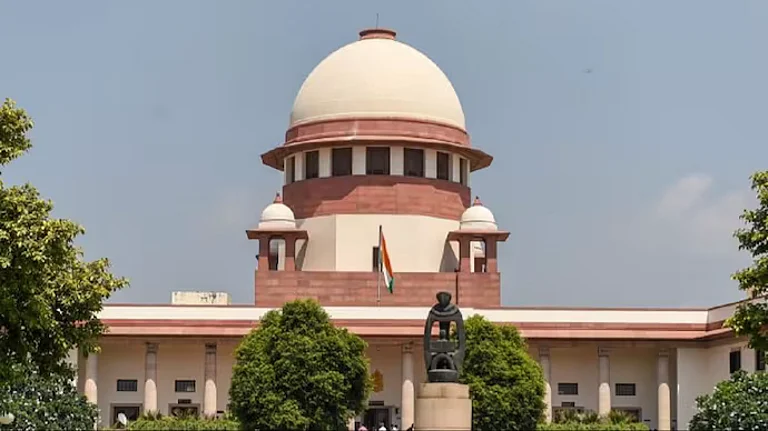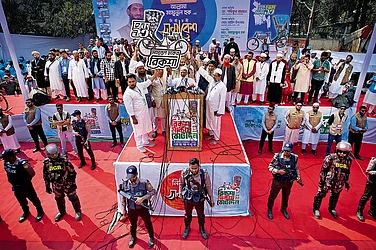Experts from India and Israel deliberated on widening the scope of the bilateral Industrial R&D and Technological Innovation Fund (I4F), approved three joint research and development projects worth USD 5.5 million and suggested measures to create a broader collaborative ecosystem between the two countries, the science and technology ministry said on Wednesday.
The discussions took place virtually on Tuesday in the presence of officials from the Department of Science and Technology (DST), the Israel Innovation Authority (IIA), GITA and various industries partners.
The experts from the two countries deliberated on widening the scope of the India-Israel Industrial R&D and Technological Innovation Fund (I4F) at its eighth governing body meeting. They approved three joint research and development projects worth USD 5.5 million and suggested measures to create a broader India-Israel collaborative ecosystem.
"The I4F programme has a lot of potential. This board meeting will give us new thoughts, new directions on how to go forward," said S Chandrasekhar, Secretary, DST and India Co-Chair, acknowledging the contributions made by Israel in the field of science and technology.
"So far, the priority areas have been agriculture, security and other important areas. There is further scope of increasing the quantum of projects received, which calls for the need to conduct more online meetings amongst the startup ecosystems of Israel and India," he said in a statement.
Amiram Appelbaum, Co-Chair, Israel and chairman of the board, IIA, said despite the difficult times of the COVID-19 pandemic, it is critical to continue with the efforts of collaboration.
"I4F is one of the examples of collaborations which we want to carry forward. We look forward to go through interesting applications of projects submitted in this programme," he said.
The governing body ratified the minutes of the seventh board meeting, which was followed by giving its approval to the three research and development projects with an overall budget of USD 5.5 million.
The projects were "Centrally Monitored IoT Nanosensors for Molecular Diagnostics in Healthcare and Screening Applications", "NoMoreMos - a mosquito control biological solution" and "IoT-enabled satellite communication for real-time collection of agriculture and environment data across India".
The members further discussed the status of the ongoing projects under the I4F since 2018. The Israeli side introduced the new I4F website and matchmaking platform developed as a measure to increase the popularity of the joint programme and presented a list of programmes planned for 2022.
The members mutually decided on a strategy for the new phase of I4F 2.0, which included widening the scope of the fund by determining technical feasibility and market acceptability of new products or technologies, co-developing products or technologies for commercialisation, co-testbed products or technologies for commercialisation in research and development and pilot areas.
It also included co-developing disruptive technologies in strategic sectors with the research performers involving academia as well.
The members also suggested the need to focus on partnership development activities like more business activities with Indian and Israeli companies and startups through a series of online events and follow-up B2B meetings.


























